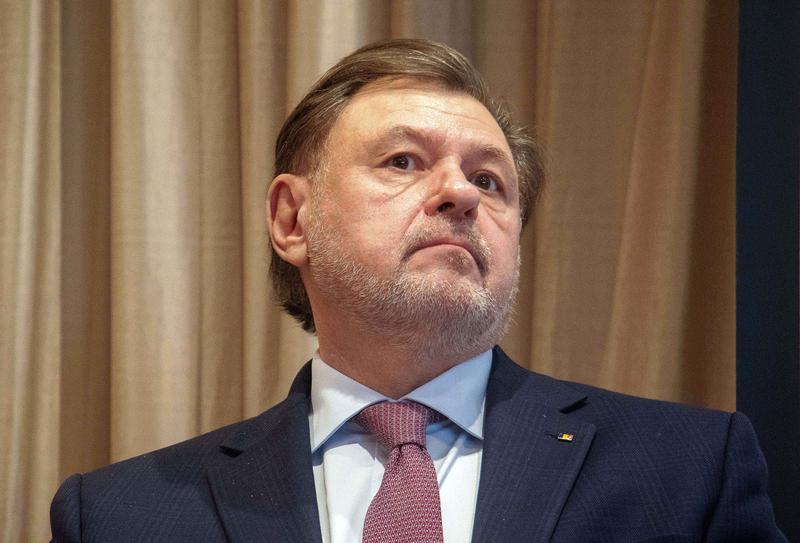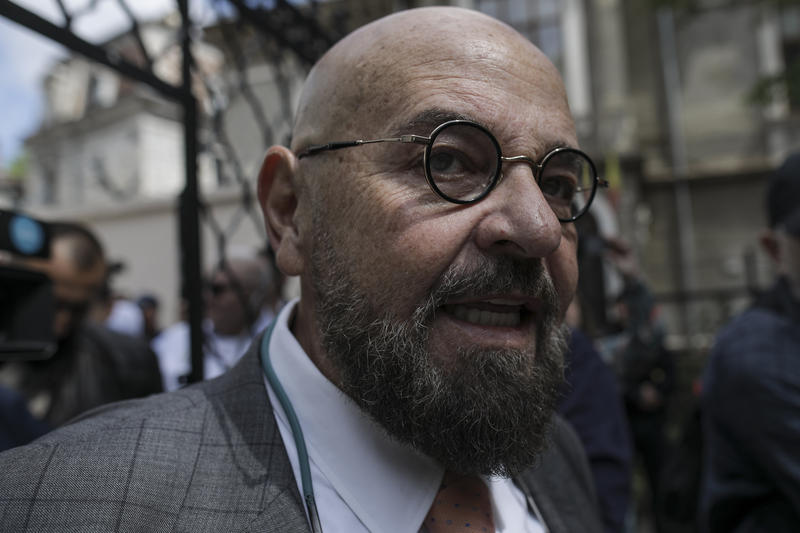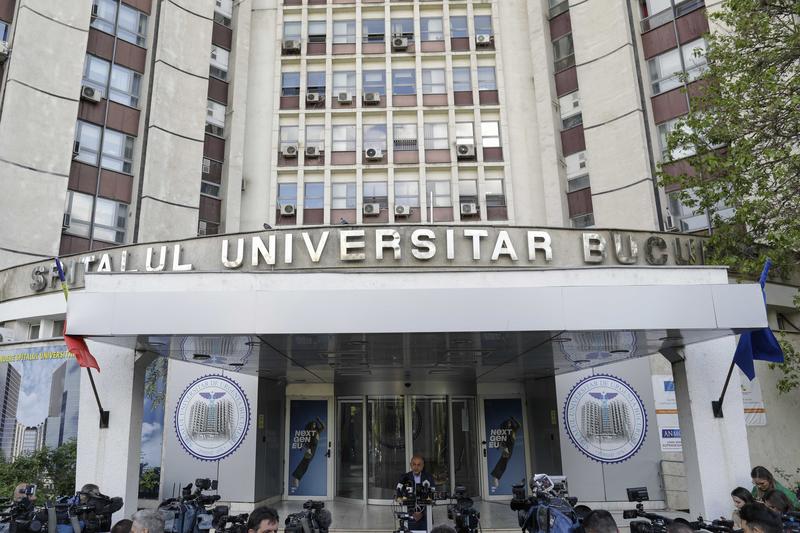The European Antifraud Fight Office (OLAF) investigates the way a contract worth tens of millions of euros was granted in Romania. The contract addresses modernizing the energy complex in Craiova (south), sources in Brussels told HotNews.ro. OLAF confirms that it investigates possible issues, but it does not give details. This is about a deal for gas sulphur removal, initially won by French Group Alstom Power Italian branch. The Commission for Solving Contestations has disqualified Alstom, after the complaint made by the Italian-Chinese-Romanian consortium Idreco-Insigma-Romelectro. Idreco-Insigma has recently been involved in a fraud scandal in Bulgaria. An OLAF investigation was initiated here as well and Bulgaria risks losing, in its turn, European funds worth of tens of millions of euros.
- Antifraud Office Investigation. "OLAF conforms that it opened an investigation following notifications on possible illegalities committed during the auctioning process followed by the allocation of funds for certain works scheduled to be carried out at the energy complex in Craiova, Nevertheless, bearing in mind that this is an ongoing investigation and taking into consideration the requirement of preserving the administrative and judicial secret, OLAF cannot make any comment at this stage", European Antifraud Office spokesperson Agnes Horvath told HotNews.ro.
- A generous contract. The contract was granted in June 2009 to Idreco - Insigma - Romelectro consortium (Italian-Chinese-Romanian), although the auction had been initially won by French group Alstom Italian branch, which had offered a better price (52.2 million euros vs. 57,4 millions, Alstom's offer). It addresses a public acquisition contract called "Joint installation of gas sulphur removal through burning in blocks 1 and 2 SE Craiova II". The woks and modernisation of energy complex in Craiova is achieved through European funds, non-reimbursable, worth of 22 million euros. The rest of the needed money have to be brought in through credit loans.
- The Idreco-Insigma-Romelectro consortium submitted a contestation to the Romanian National Council of Solving Contestations (CNSC). CNSC's ruling of July 2009 disqualified French Group Alstom. The French group contested the decision to court and the trial is currently on at the Tribunal in Cluj (central-west).
- Weird transfer from state to private. At the moment of the auction, Craiova Energy Complex Corneliu Ditescu was general manager, member of the commission evaluating offers. Several months after the CNSC contestation, which ruled in favour of the Idreco-Insigma-Romelectro consortium and disqualified the French from Alstom, Corneliu Ditescu was leaving his state role for a job at Romelectro, company part of the consortium pretending to have won the auction. Since October 2009, Ditescu has been manager of the Romelectro Craiova branch. Contacted by HotNews.ro, he refused to comment on whether it is fair for the auction organiser to be later hired by one of the companies taking part in the auction. "I believe that every man has the right to work somewhere, as employee. I don't find anything wrong with working somewhere in Romania as employee. I have nothing further to comment", Ditescu told HotNews.ro
- Who is behind Romelectro? According to a 2007 Evenimentul Zilei investigation, Romelectro is the company from the relationship circle surrounding the Romanian ex-industry minister from the Nastase Cabinet, namely Dan Ioan Popescu (DIP). According to a Romanian Intelligence Service (SRI) note quoted by EVZ, Romelectro has been supplied with contracts worth of 370 million euros by the state during his mandate. DIP told EVZ that he had worked for the Central Committee, the main organisation of the Romanian Communist Party during Ceausescu's era, when he coordinated the activity of companied doing foreign commerce. Even if these companies were a facade for the Securitate, the communist secret police, Dan Ioan Popescu denies any connection with the PCR's oppressive institution.
- A Bulgarian-style scandal. The Italian-Chinese Idreco-Insigma consortium generated recently a scandal similar to the one in Bulgaria. After winning the auction for similar investments, (sulphur removal equipment) from energy power station Maritsa Est 2, OLAF began the investigation. Bulgaria risks losing 34 million euros worth of European funds and a EBRD finance of 36 million euros, money meant for modernising the energy power station. "The Italian-Chinese Idreco - Insigma consortium has not been entirely honest when they presented us with the previous experience addressing similar sulphur removal projects, which is now causing great problems", Bulgarian economy minister Traicho Traikov declared.
- What is Romania risking? When Romania signed the EU accession treaty, it pledged to reduce pollution coming from big burning installations. In the case of the energy complex in Craiova, the deadline to conform to the limit figures of sulphur dioxide emissions (SO2) is 31.12.2010. Disregarding the deadline leads to the so-called infringement procedures from the European Commission, a juridical procedure forcing a state to conform to the EU norms under the threat of financial sanctions. Craiova energy complex requested the Tribunal in Cluj to speed up the trial: "with the conformation deadline imposed on 31.12.2010, and with works not even started in the beginning of 2009, works otherwise complex, moreover we did not even close the Contract, it is a huge impediment in getting structural funds and in explaining to the European Union all these delays".
- The European Commission has already sent a warning letter to the Bulgarian Government regarding the risk of sanctions following SO2 emission reduction delays.
- Economy Ministry intervenes for Romelectro as well. In the trial on roll in the Cluj Tribunal, the Romanian Economy Ministry intervened and requested the court to reject the action of Alstom Power and "consider the decision of the contracting authority as consistent and legal in regards to the granting of the project" in favour of Romelectro. The following court term is March 19




















